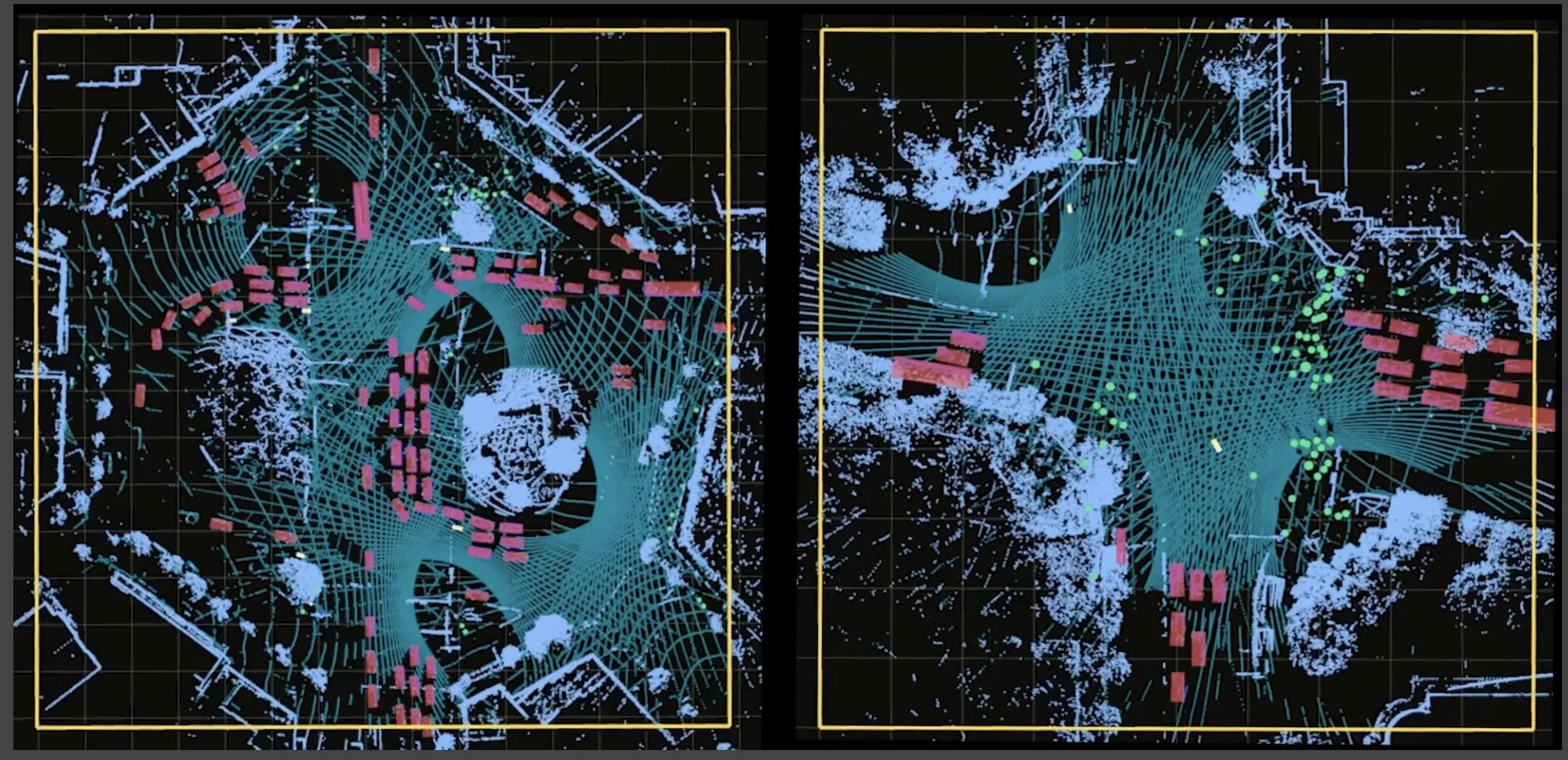A new world record for the fastest car on ice has been set this week by Nokian Tyres' test driver Janne Laitinen who drove 331.610 km/h (206.05 mph) on the Gulf of Bothnia in Oulu, Finland.
March 1, 2012
Read time: 2 mins
A new world record for the fastest car on ice has been set this week by 205 Nokian Tyres' test driver Janne Laitinen who drove 331.610 km/h (206.05 mph) on the Gulf of Bothnia in Oulu, Finland. The record was broken on a 14-kilometre ice track in freezing conditions and the car, a 23 Bentley, was equipped with Nokian Hakkapeliitta 7 studded tyres (255/35R20 97 T XL).
The Guinness World Records organisation outlines detailed rules for ice driving world records. The time for the one-kilometre distance is taken for driving in both directions of the track, and the world record time is the average of these two results. The vehicle takes a flying start and the Bentley was fitted with a parachute for emergency stops as well as a roll cage and a spoiler, although in other respects it was a standard model. The ice has to be natural and it may not be roughed up or treated with any chemicals. The tyres must be commercially available and approved for road traffic in the country in which the record attempt takes place.
Nokian Tyres developed the world's first winter tyre for raw, subzero conditions back in 1934. Two years later, it introduced the Hakkapeliitta, designed for northern winters and today one of the world's best-known winter tyre brands. The world's northernmost tyre manufacturer tests and develops new additions, customised for different uses, for its winter tyre family at its own test facilities in Ivalo, 300 kilometres north of the Arctic Circle.
The Guinness World Records organisation outlines detailed rules for ice driving world records. The time for the one-kilometre distance is taken for driving in both directions of the track, and the world record time is the average of these two results. The vehicle takes a flying start and the Bentley was fitted with a parachute for emergency stops as well as a roll cage and a spoiler, although in other respects it was a standard model. The ice has to be natural and it may not be roughed up or treated with any chemicals. The tyres must be commercially available and approved for road traffic in the country in which the record attempt takes place.
Nokian Tyres developed the world's first winter tyre for raw, subzero conditions back in 1934. Two years later, it introduced the Hakkapeliitta, designed for northern winters and today one of the world's best-known winter tyre brands. The world's northernmost tyre manufacturer tests and develops new additions, customised for different uses, for its winter tyre family at its own test facilities in Ivalo, 300 kilometres north of the Arctic Circle.










